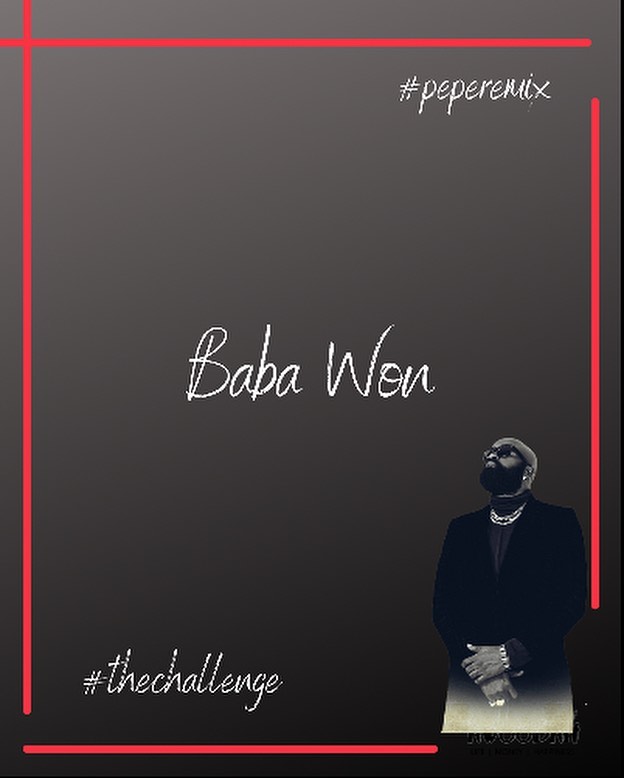
Fast rising 18 year old Filipino artist Angele Lapp steps into familiar territory with a cover of Hale’s “Kung Wala Ka”, and comes out sounding surprisingly sure of herself.
The performance opens gently. Soft keys set the room, and then her voice arrives, smooth, clear, and almost weightless at first. There’s a calm confidence in how she phrases each line, the kind that can make you assume you’re listening to someone who has been doing this for a long time. Then you remember she’s 18, still finding her footing in a crowded music business. Vocally, though, she already sounds like she knows where she wants to go. The control is there, the presence is there, and the emotion never feels forced.
“Kung Wala Ka” has long been a staple for fans of the Filipino alternative band Hale, a breakup song that lingers because it understands how messy moving on can be. The lyrics sit in longing and absence, that hollow uncertainty of imagining life without the person you built it around. In Lapp’s hands, the song stays true to that ache. She doesn’t drain it of what made it resonate in the first place. Instead, she leans in and shapes it around her own voice, and the result feels both respectful and personal. By the time she reaches the bigger moments, she’s fully inside it, and she really does knock it out the park.
The title translates to “If You’re Not Here”, or, “If You Weren’t Here”, and that simple idea carries the whole performance. At 3 minutes and 54 seconds, the cover has a lived in quality, like she’s telling you a story she’s been carrying for a while. It feels close up, almost neighborly, like she’s singing beside you rather than at you.
The video matches that intimacy. It’s a well lit music studio setup, clean and uncluttered. Angele wears headphones, focused, locked into the track as she sings straight into the mic. You can hear how carefully she balances the notes. She starts soft, holds back, and then gradually lets the emotion rise, steady as an undercurrent, guided by the instrumental swell.
The arrangement does a lot of quiet work. Those tender keys at the intro lay the foundation, and the guitar lines slide in with a light touch. Around the one minute mark, the feeling begins to lift, partly because the keys hit with a little more intensity, giving the moment a faintly cinematic edge. By about 1:27, the rhythm fully wakes up. The key driven pulse tightens, percussion and bass join in, and her voice brightens with it, wrapping around the listener in a kind of reassurance. It’s a smart build, and she rides it well.
Somewhere in that climb, it becomes clear she’s working with more than promise. The range, the power, and the sheen of her tone don’t line up with the assumptions people make about a young artist. She sounds like someone ready for bigger rooms, and she carries the song like she belongs there.
With a recent signing to Popolo Music Group and a debut album set for release in September of this year, she’s positioning herself for a real step forward. If this cover is any indication, she’s worth keeping an eye on.
Connect with Angelee:
YouTube | Website | TikTok | Facebook | Instagram | X

 MUSIC3 months ago
MUSIC3 months ago
 MUSIC2 months ago
MUSIC2 months ago
 MUSIC2 months ago
MUSIC2 months ago
 MUSIC2 months ago
MUSIC2 months ago
 MUSIC1 month ago
MUSIC1 month ago
 MUSIC4 weeks ago
MUSIC4 weeks ago
 MUSIC1 month ago
MUSIC1 month ago






















